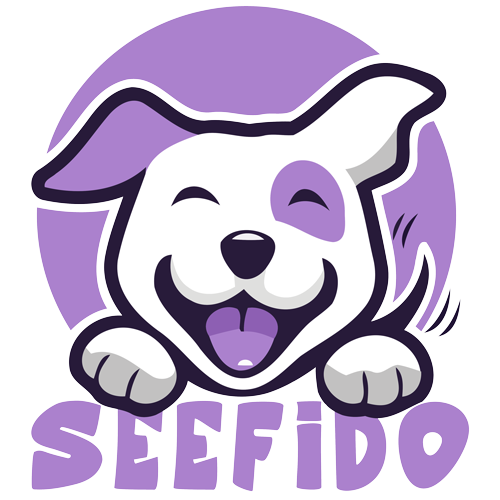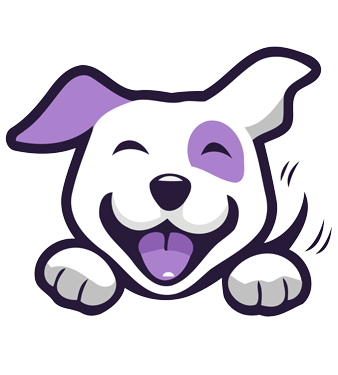Uncategorized
Playing Dog
Once the development and the way the puppy communicates are known, it is important to stop and take a look at playing with the puppy. Playing is fundamental in the establishment of social relationships between the puppies, and later on between the owner and the puppy. It is an indispensable element in educating the puppy. We will insist in the noting of playing because it is the fact that the owner understands its rules is important to the keeping of good and permanent relationships between the dog and owner.
Playful Behavior: What can a puppy play? Playing with the puppy must have its limits. When do we consider that the puppy bites playfully and when does it cross the limits? Many owners are incapable of recognizing the borders of playing with the puppy, and they place the dog’s balance in jeopardy. Puppies play around after 4 weeks. At the beginning the games are very slow and it has very little abilities. The members of the family push one another and roll on the floor. Later on they will pick up objects and run behind it. Playing is fundamental for the psychological development of the puppy. In the animal, the notion of playing does coincides with the notion of work, unlike the cases of humans. The animal’s playfulness is serious and productive and that’s how we have to consider it. In the puppy the games are always educational and never a waste of time. The playing sessions with the owner are the base of education and the awakening of the puppy. The future learning will depend on the understanding of this playful behavior. There is a co-relationship between the complexity of the games and the grade of evolution of any specie.
The Characteristics of Games in the Animal: In animals it is always spontaneous and stages real situation frequently, even though in an exaggerated way. It seems like the dog is hunting something, but its movement are out of proportion. The aggressiveness of the puppy does not intervene in playing, and we can notice the inhibition behavior of biting. The repetitive aspect of playing in a puppy is evident; it goes and brings the ball back to the owner several times. Playing around is a way for the puppy to exercise and waste energy. Through this activity the puppy finds numerous stimuli and faces different situations that it must solve. This allows it to fight anxiety caused by new situation when it is an adult dog. The games guarantee the social cohesion of the family, the group’s communication and the learning of the puppy. It is about voluntary behavior, which the owner must control because it models the hierarchical relationships. Playing is useful: the puppy doesn’t always play to distract itself, but it has the necessity to play. Different Types of Games

